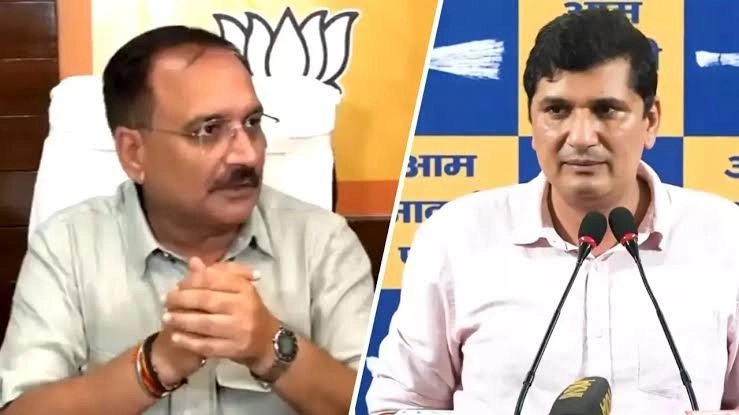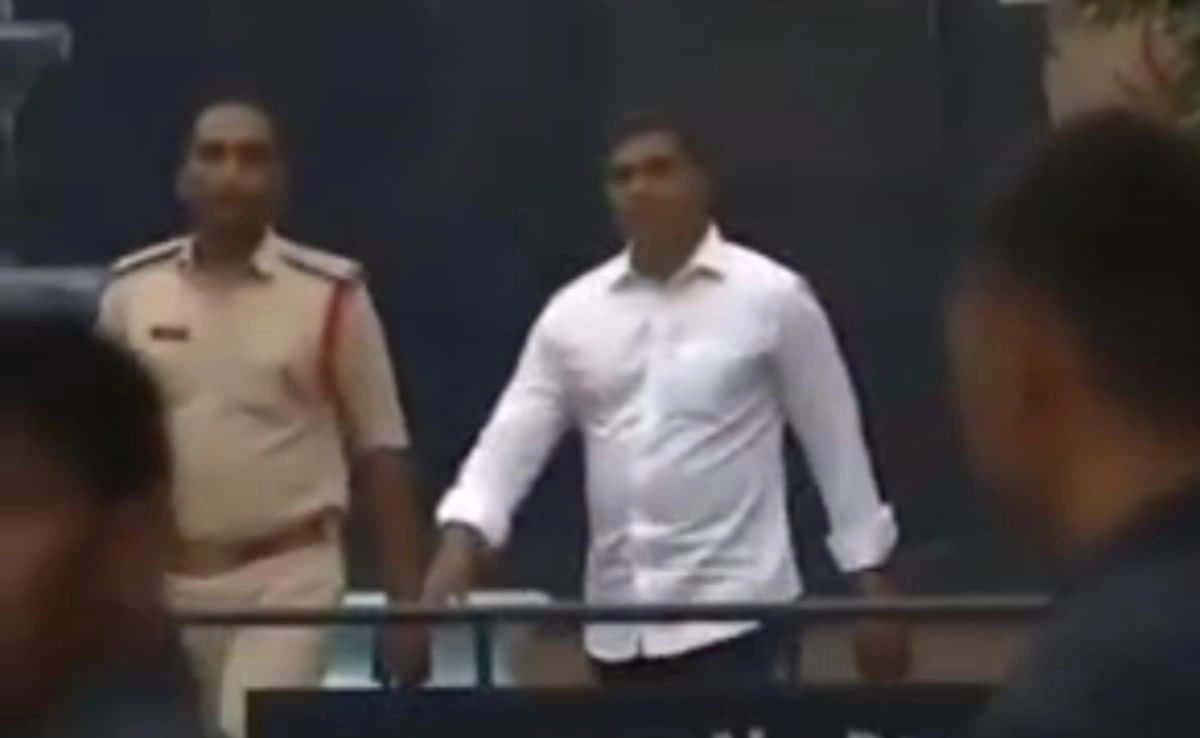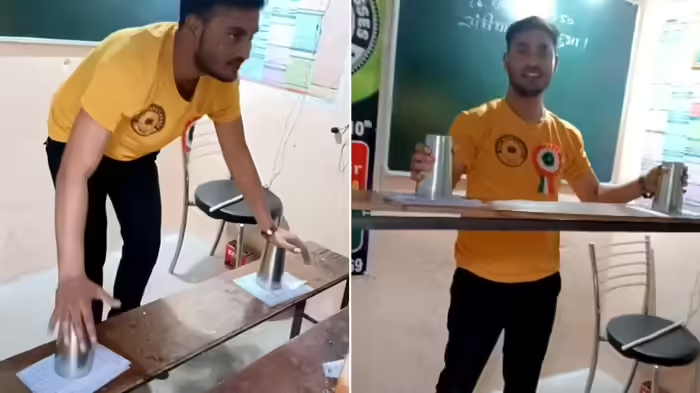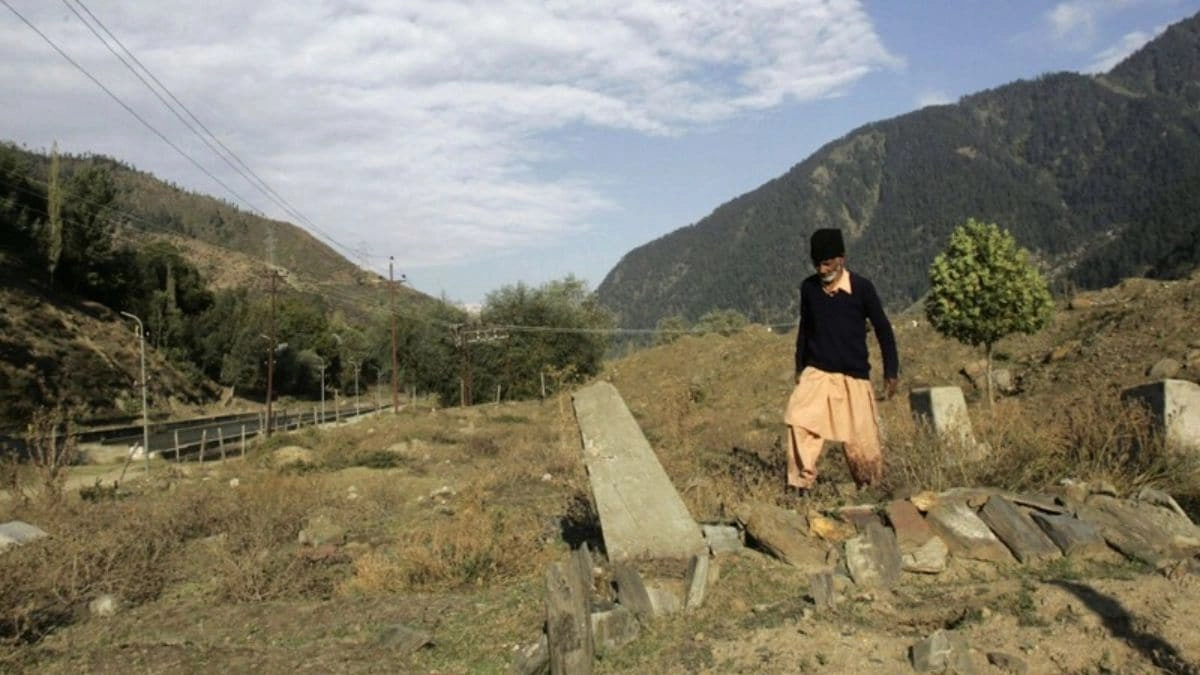In a recent political development, a leader from the Aam Aadmi Party (AAP) has alleged that a central agency attempted to manipulate his statement regarding an ongoing investigation. This assertion has sparked a heated debate among political circles, with the Bharatiya Janata Party (BJP) dismissing the claims as mere theatrics. The AAP leader, whose identity has not been disclosed in this context, expressed concerns over the integrity of the investigative process, suggesting that the agency in question was not only overstepping its boundaries but also attempting to influence the narrative surrounding the investigation for political gain.
The AAP has long been vocal about what it perceives as misuse of central agencies to target opposition parties, especially in the context of politically charged investigations. This recent claim adds fuel to the ongoing discourse about the intersection of politics and law enforcement in India. The AAP leader’s allegations raise questions about the impartiality of these agencies and whether they are being used as tools for political vendettas rather than for the pursuit of justice. Such assertions could potentially undermine public trust in the investigative process and heighten tensions between the AAP and the ruling BJP.
In response to the allegations, the BJP has characterized the AAP’s claims as a fabricated narrative designed to distract from their own shortcomings. Party officials have labeled the situation as “drama,” arguing that the AAP is engaging in a strategy of deflection to avoid accountability for its actions. This back-and-forth highlights the contentious relationship between the two parties, with each side accusing the other of playing political games. The BJP’s dismissal of the allegations suggests a broader strategy to maintain its narrative and strengthen its position against the AAP, particularly as the political landscape in India continues to evolve.
As the situation unfolds, it remains to be seen how these allegations will impact public perception and the political dynamics between the AAP and the BJP. The ongoing tug-of-war between the two parties reflects a larger pattern in Indian politics, where accusations of misconduct and mismanagement frequently emerge, often overshadowing substantive policy discussions. The role of central agencies in political investigations is increasingly under scrutiny, and this incident may serve as a catalyst for further debate on the need for transparency and accountability in such processes. Ultimately, the discourse surrounding these allegations could shape the future of both parties as they navigate the complex landscape of Indian politics.




